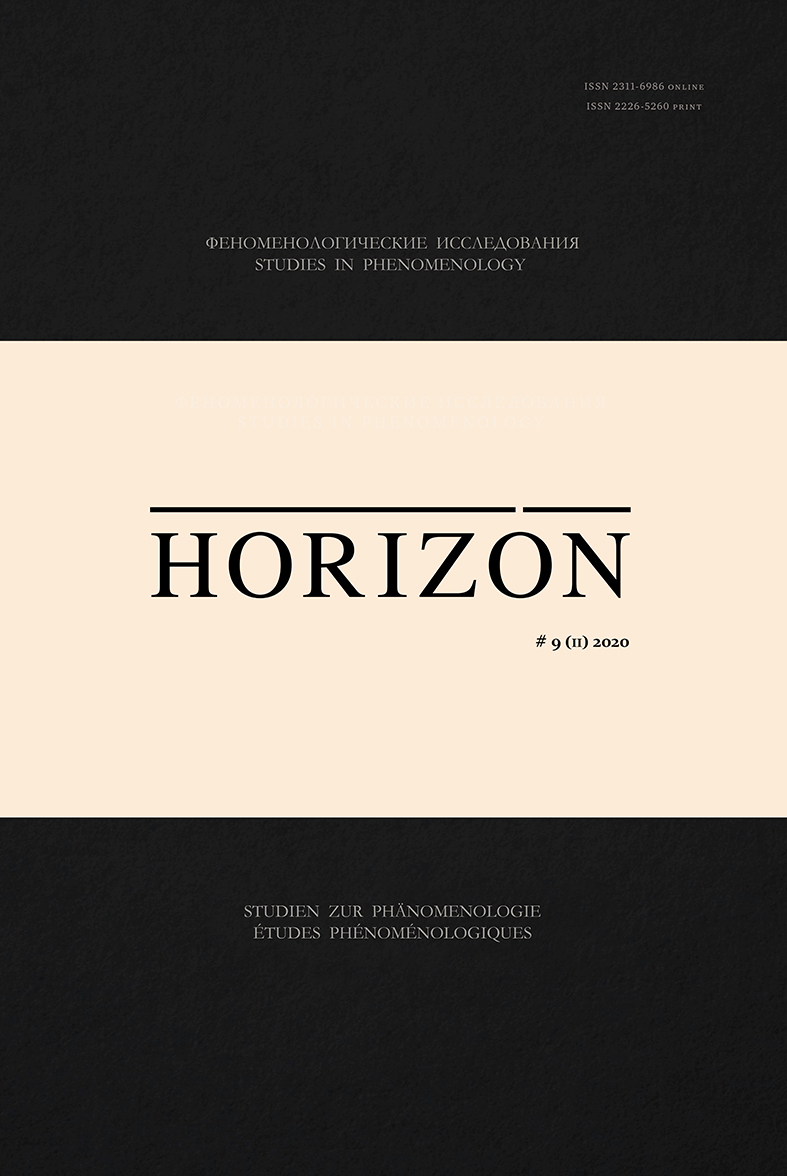The Ingardenian Distinction Between Inseparability and Dependence: Historical and Systematic Considerations
The Ingardenian Distinction Between Inseparability and Dependence: Historical and Systematic Considerations
Author(s): Marek PiwowarczykSubject(s): Epistemology, Contemporary Philosophy, Phenomenology
Published by: Издательство Санкт-Петербургского государственного университета
Keywords: inseparability; dependence; absolute whole; summative whole; Roman Ingarden; Edmund Husserl; Kazimierz Twardowski;
Summary/Abstract: In this paper I present the Ingardenian distinction between inseparability and dependence. My considerations are both historical and systematic. The historical part of the paper accomplishes two goals. First, I show that in the Brentanian tradition the problem of existential (or broadly: ontological) conditioning was entangled into parts—whole theories. The best examples of such an approach are Kazimierz Twardowski’s theory of the object and Edmund Husserl’s theory of parts and wholes. Second, I exhibit the context within which Ingarden distinguished inseparability and dependence. Moreover, Ingarden’s motivations are presented: the problem of understanding the Husserlian concept of “immanent transcendence,” the issue of the existence of purely intentional objects, and finally the problem of the relationship between individual objects and ideas. The systematic part deals with the ambiguity of Ingarden’s definition of inseparability. I seek to improve this definition by reference to the distinction (made by Ingarden himself) between absolute and summative wholes. I also present some divisions of inseparability and dependence and investigate whether these types of existential conditioning are reflexive, symmetric, or transitive.
Journal: Horizon. Феноменологические исследования
- Issue Year: 9/2020
- Issue No: 2
- Page Range: 532-551
- Page Count: 20
- Language: English

